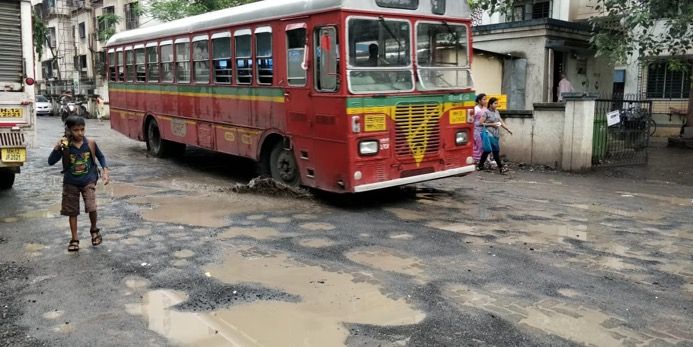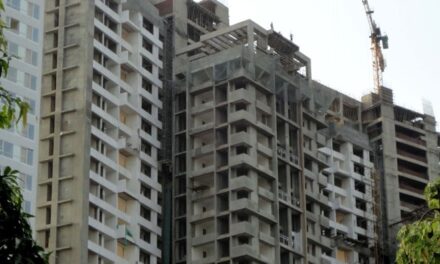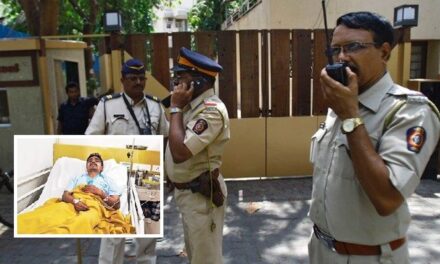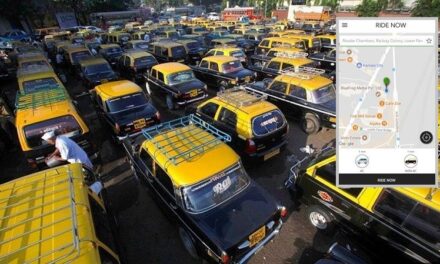New GR to bring accountability in reporting, fixing bad roads in Maharashtra


Under the GR, civic bodies like the BMC will soon have to make public the Action Taken Report (ATR) within 3 weeks of receiving a complaint about bad roads (Representational Image)
The Brihanmumbai Municipal Corporation (BMC), along with rest of the civic bodies in the state, will now have to make public the Action Taken Report (ATR) within three weeks of receiving a complaint about bad roads from citizens.
The decision taken by the state government is applicable to all the municipal corporations, councils, the MMRDA (Mumbai Metropolitan Region Development Authority), MSRDC (Maharashtra State Road Development Corporation), CIDCO (City and Industrial Development Corporation) and the MbPT (Mumbai Port Trust), as per a Government Resolution (GR).
The Urban Development Department (UDD), based on an order given by the Bombay High Court on a public interest litigation, has issued directions to all the authorities concerned with the maintenance of roads.
As per the directions issued by the state government on August 18, all municipal corporations and councils as well as other authorities will have to submit a report on a quarterly basis to the UDD regarding the implementation of government orders with respect to maintenance of roads and potholes.
“Detailed compliance reports compiled by the state government shall be regularly placed before the court and those will incorporate the details of the complaints received and which were successfully attended,” stated the GR.
It said that a similar report will have to be made public as well so that people will come to know about it.
One of the major instructions in the GR is setting up of a Grievance Redress Mechanism to enable the citizens to file complaints about the poor conditions of streets.
The complaints shall be received by various modes, including in writing at designated centers and in offices, through dedicated toll-free numbers, through a dedicated website where citizens are able to upload the photographs showing poor condition of streets and by messages via cell phones.
Following the court order, the state government has also directed the civic bodies and other authorities that it is their responsibility to appoint a coordination officer to monitor the grievance redress mechanism with a view to ensure that all complaints received are promptly attended to and communication to that effect is issued to the complainants, it stated.
The government has also directed the civic bodies to give wide publicity to the mechanism provided in all leading newspapers, at strategic locations on major streets, in various ward and other major offices as well as on the electronic media.
The GR stated that in respect to open manholes, the civic bodies will have to put up barricades and also install warning lights about open manholes lying ahead.
The government has also directed all the civic bodies to set up a Grievance Redressal Mechanism (GRM) wherein people can lodge their complaints about the disrepair of roads in their locality, either by uploading photographs on dedicated websites or through cell phones.
The directive for setting up the GRM shall also apply to the MMRDA, MSRDC, CIDCO and other government authorities.
Regarding the quality of roads, the HC directives stated that the state government shall take the appropriate policy decision in respect of terms & conditions to be incorporated in relations to the road contracts which will ensure the quality of the work.
The policy shall include laying down technical specifications of streets, footways, specifications of the methods which should be used for construction or repairs of streets, the GR stated.
As per the HC directives, the government is expected to come out with policy guidelines for civic bodies within three months.
With agency inputs













